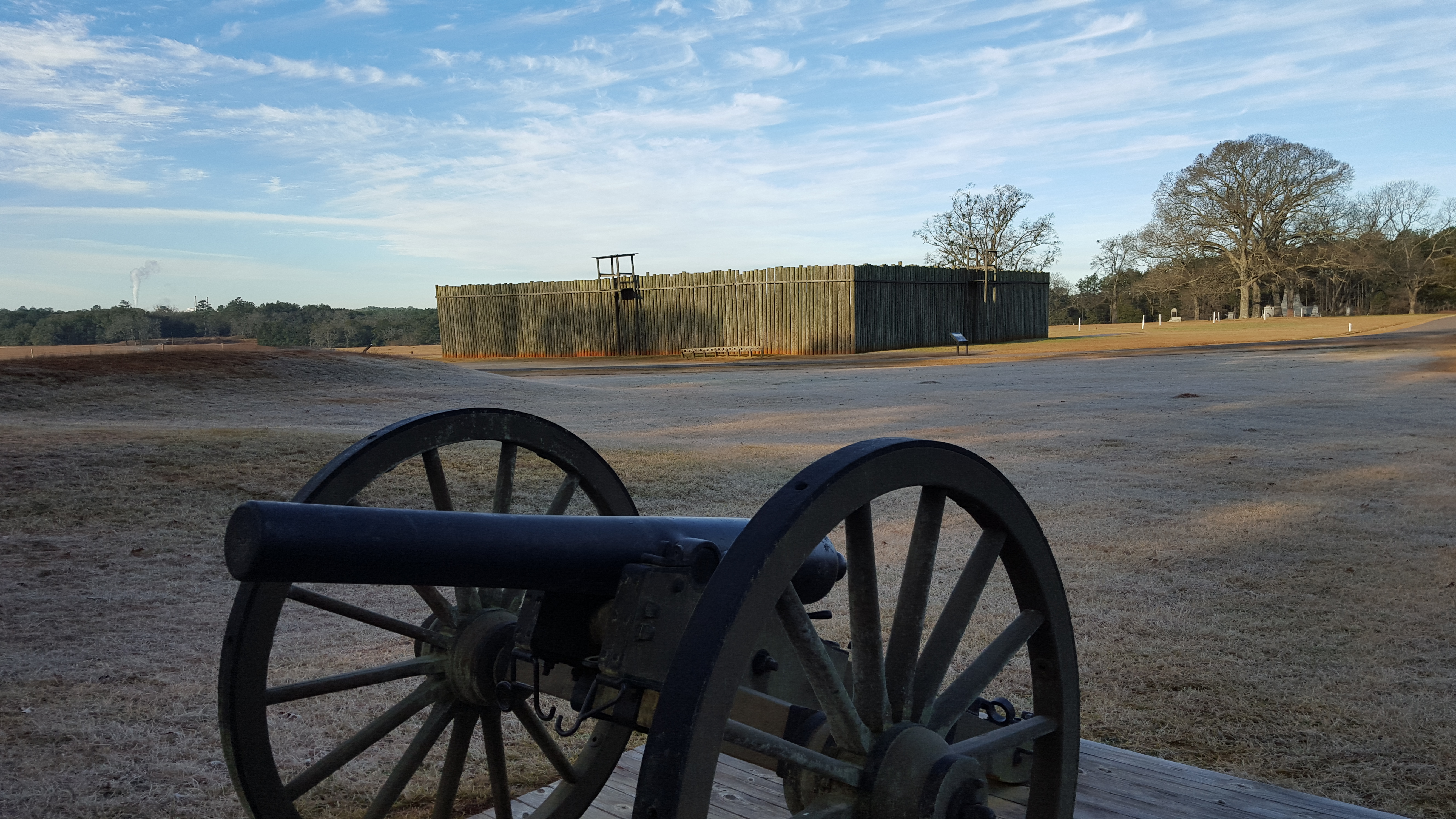
Camp Sumter Military Prison, known as Andersonville, was the deadliest ground of the Civil War. Nearly 13,000 American soldiers died here.
Andersonville
Nearly 13,000 men died on these grounds, a site that became infamous even before the Civil War ended. Their burial grounds became Andersonville National Cemetery, where veterans continue to be buried today. This place, where tens of thousands suffere

McAfee Knob is one of the most popular locations along the A.T. to take photographs.
Appalachian
The Appalachian Trail is a 2,190+ mile long public footpath that traverses the scenic, wooded, pastoral, wild, and culturally resonant lands of the Appalachian Mountains. Conceived in 1921, built by private citizens, and completed in 1937, today the

Great Blue Herons are plentyful along the river. Look towards the tree tops along the river to spot their nest. If you're lucky the whole will be home.
Chattahoochee River
Today the river valley attracts us for so many reasons. Take a solitary walk to enjoy nature’s display, raft leisurely through the rocky shoals with friends, fish the misty waters as the sun comes up, or have a picnic on a Sunday afternoon. Get Outdo
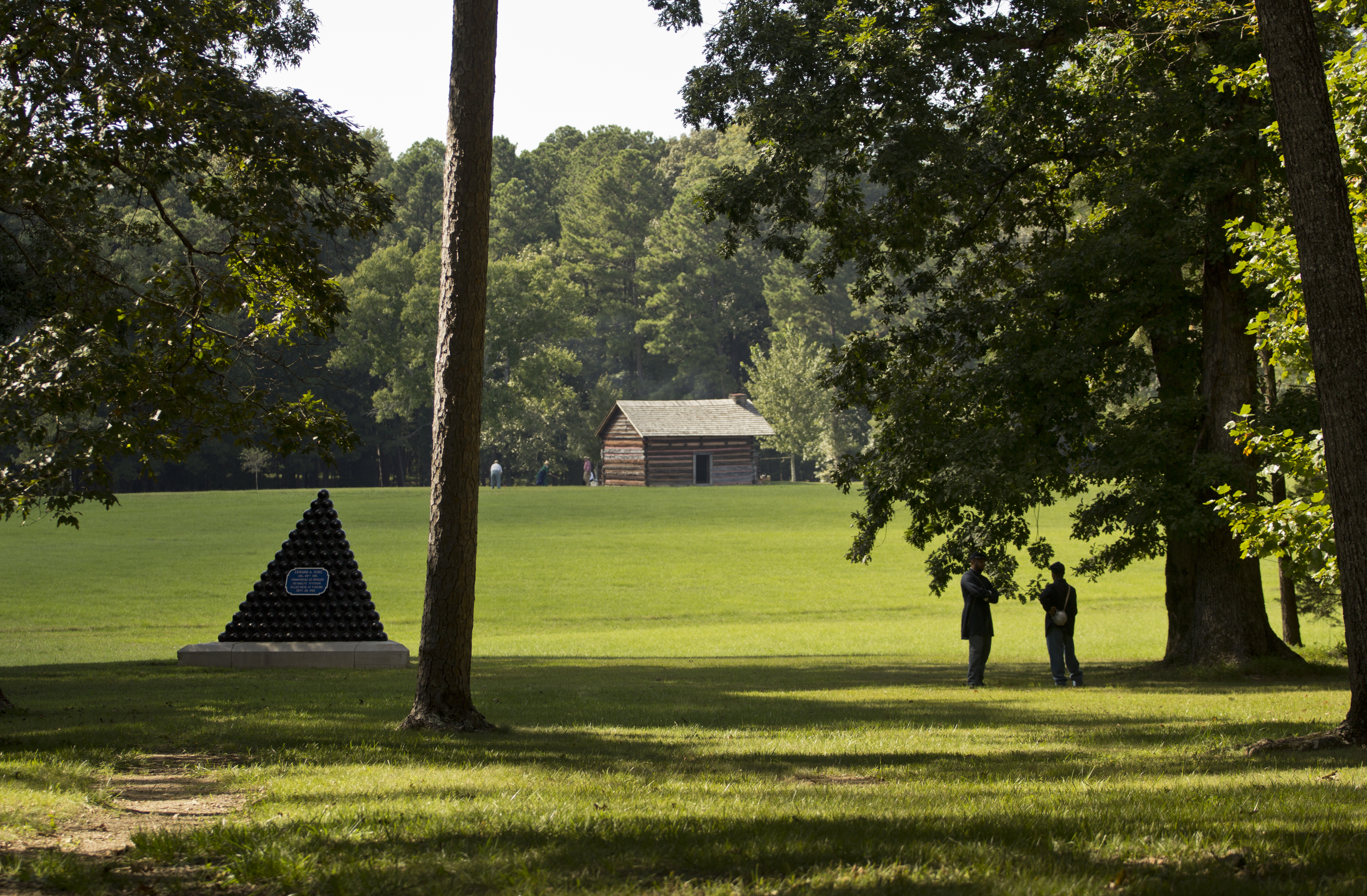
Living Historians are seen in Kelley Field and in the distance at the Kelley Cabin during the 150th anniversary
Chickamauga & Chattanooga
In 1863, Union and Confederate forces fought for control of Chattanooga, known as the "Gateway to the Deep South." The Confederates were victorious at nearby Chickamauga in September. However, renewed fighting in Chattanooga that November provided Un
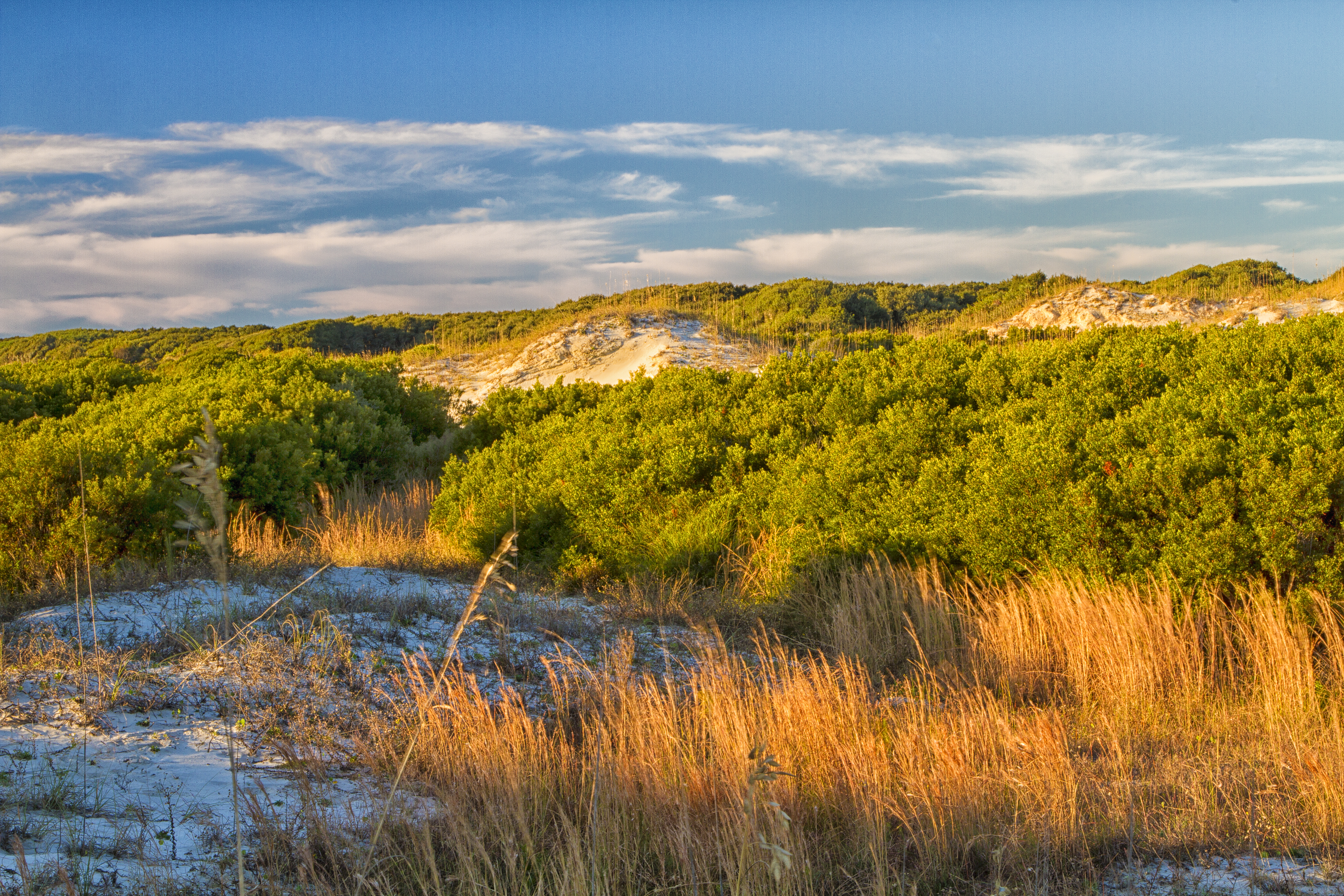
Vegetation holds dunes in place providing a barrier to erosion forces and creating essential interdune meadows to support island life.
Cumberland Island
St Marys is the gateway to Cumberland Island, Georgia's largest and southernmost barrier island. Here pristine maritime forests, undeveloped beaches and wide marshes whisper the stories of both man and nature. Natives, missionaries, enslaved African
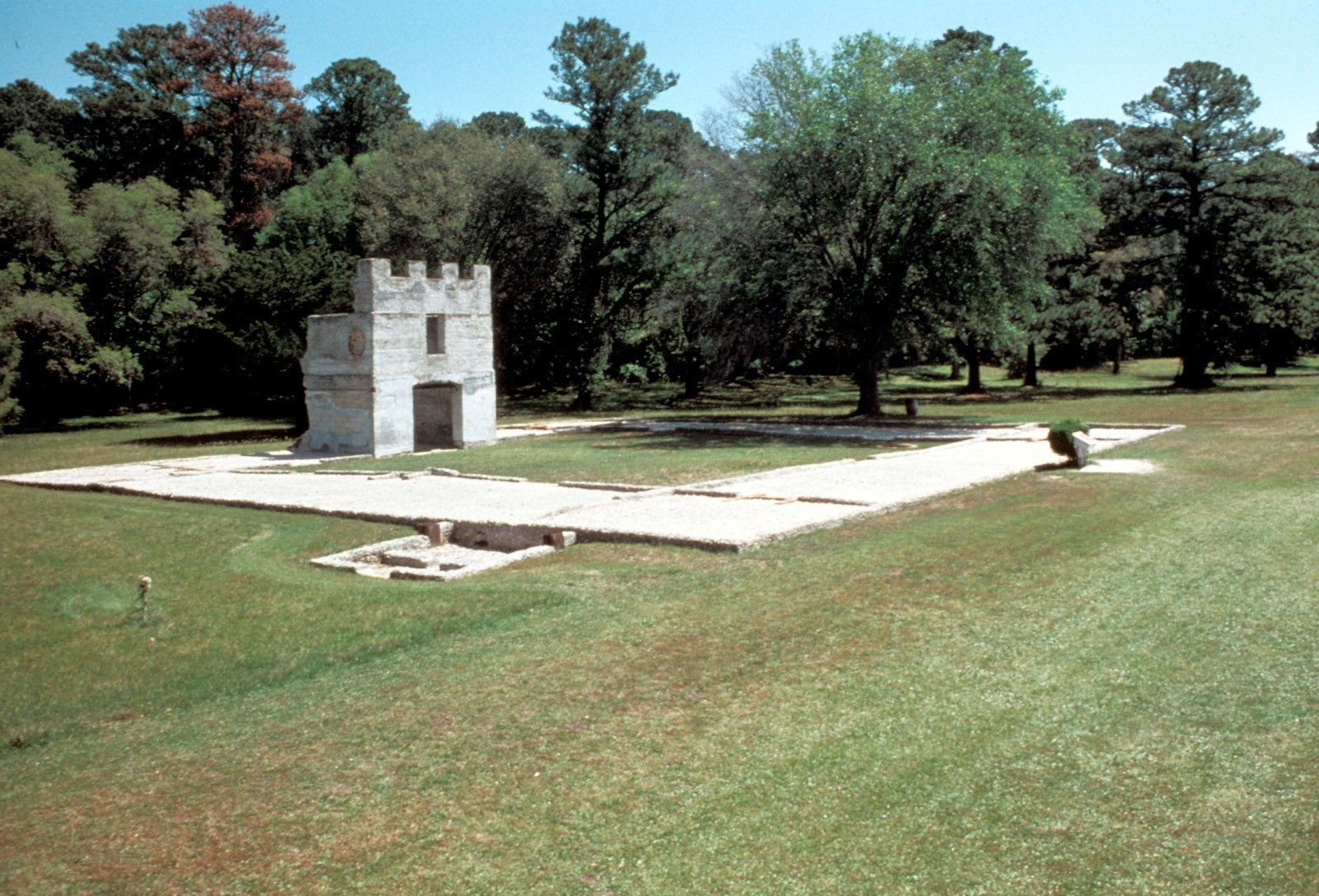
The Barracks ruin is one of the few above ground structures at Fort Frederica
Fort Frederica
War was imminent as James Oglethorpe established Fort Frederica in 1736, to help protect the British colonies from the Spanish in Florida. Fort Frederica illustrates the story of the War of Jenkins Ear (1739-1748) and how its British defenders fought
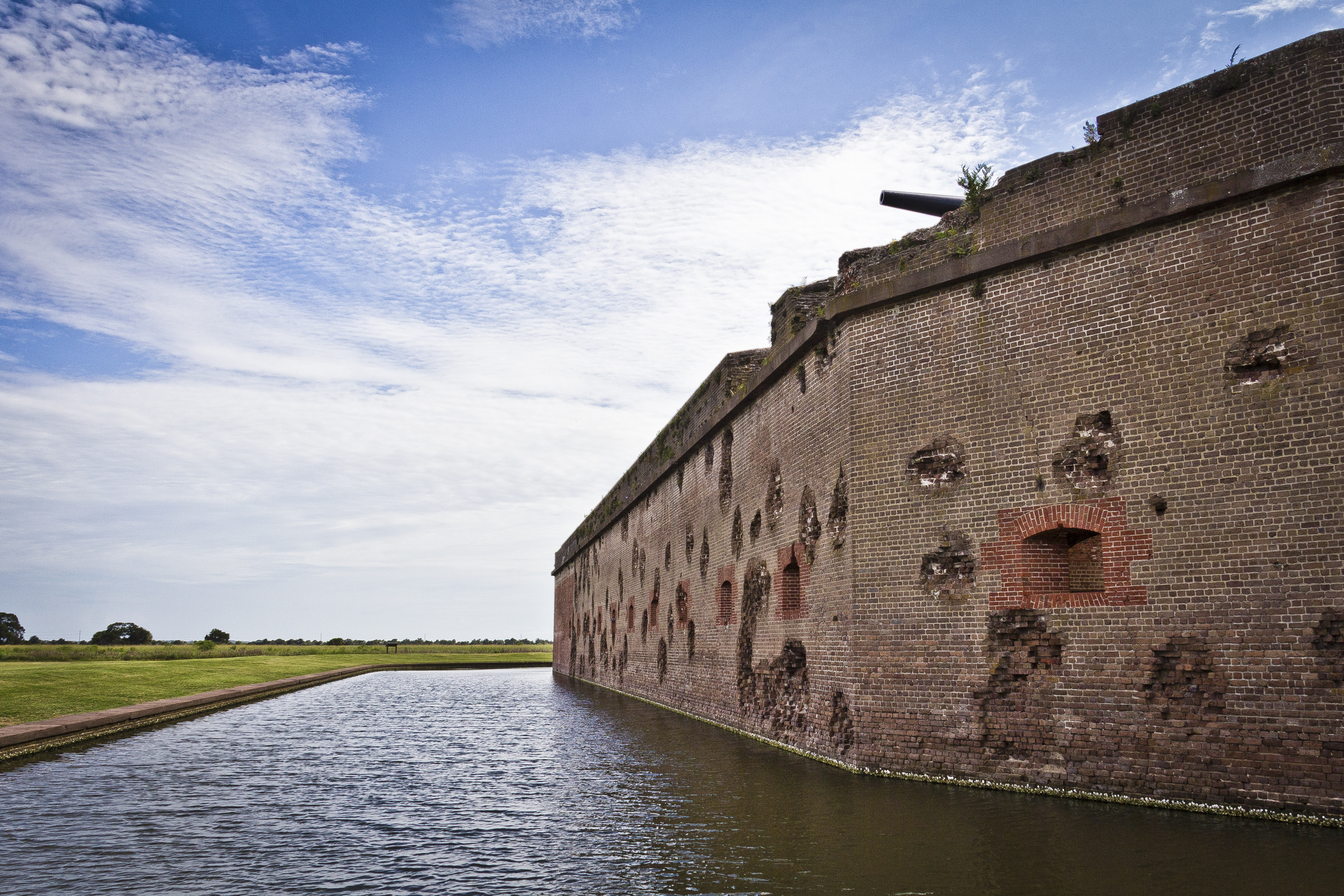
A walk along the outside of Fort Pulaski reveals damaged walls over 150 years after the Civil War.
Fort Pulaski
For much of the 19th century, masonry fortifications were the United States’ main defense against overseas enemies. However, during the Civil War, new technology proved its superiority over these forts. Using rifled cannons, the U.S. Army compelled t

Front view of the Jimmy Carter Boyhood Home in Archery, Georgia.
Jimmy Carter
Few U.S. Presidents have had such close ties with where they were born and raised. The rural southern culture of Plains, Georgia revolves around farming, church, and school, which had a large influence in molding the character and shaping the politic
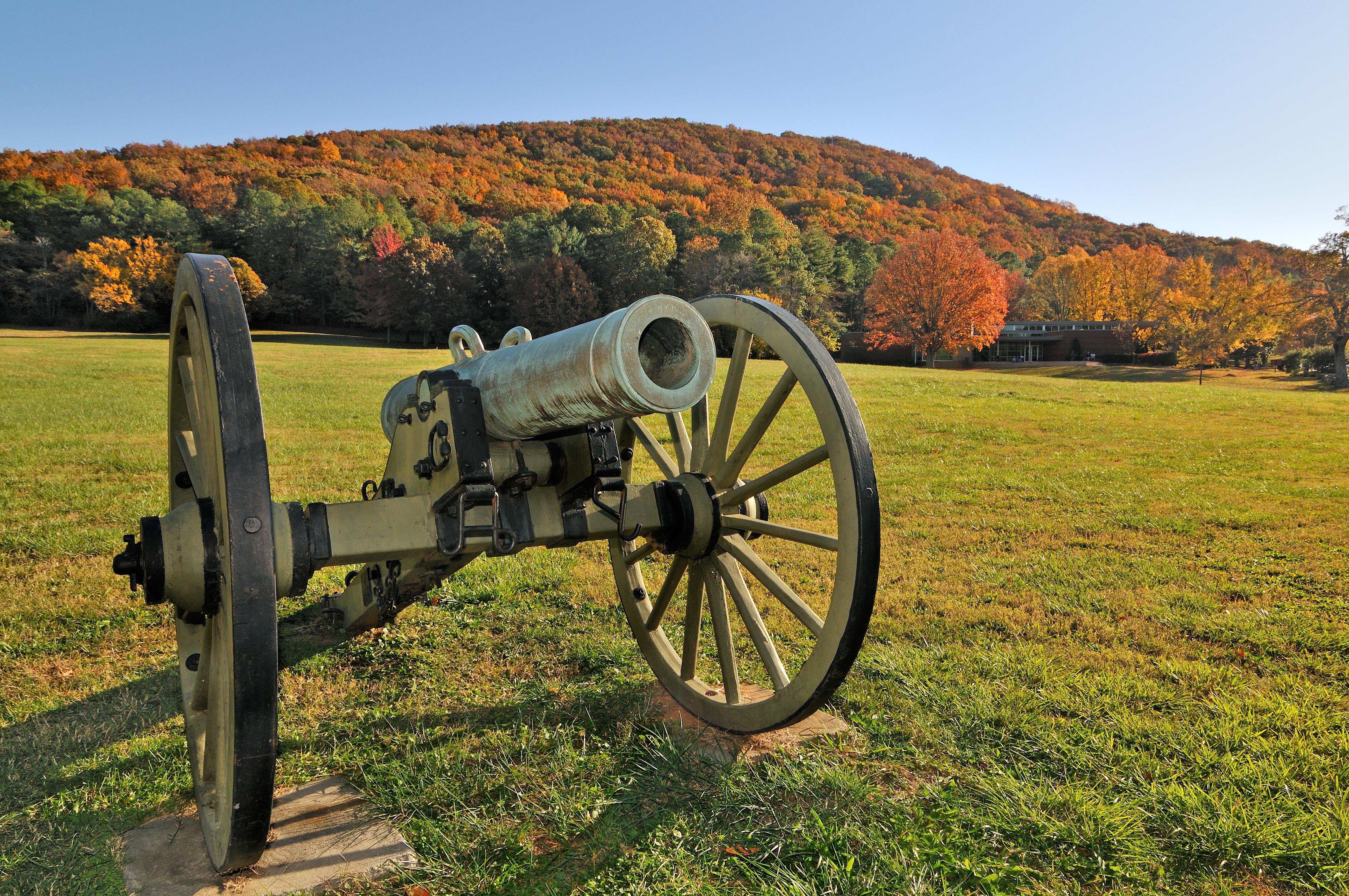
Cannon with front field and Visitor Center in background.
Kennesaw Mountain
Kennesaw Mountain National Battlefield Park is a 2,965 acre National Battlefield that preserves a Civil War battleground of the Atlanta Campaign. Opposing forces maneuvered and fought here from June 19, 1864 until July 2, 1864. Although most famous a
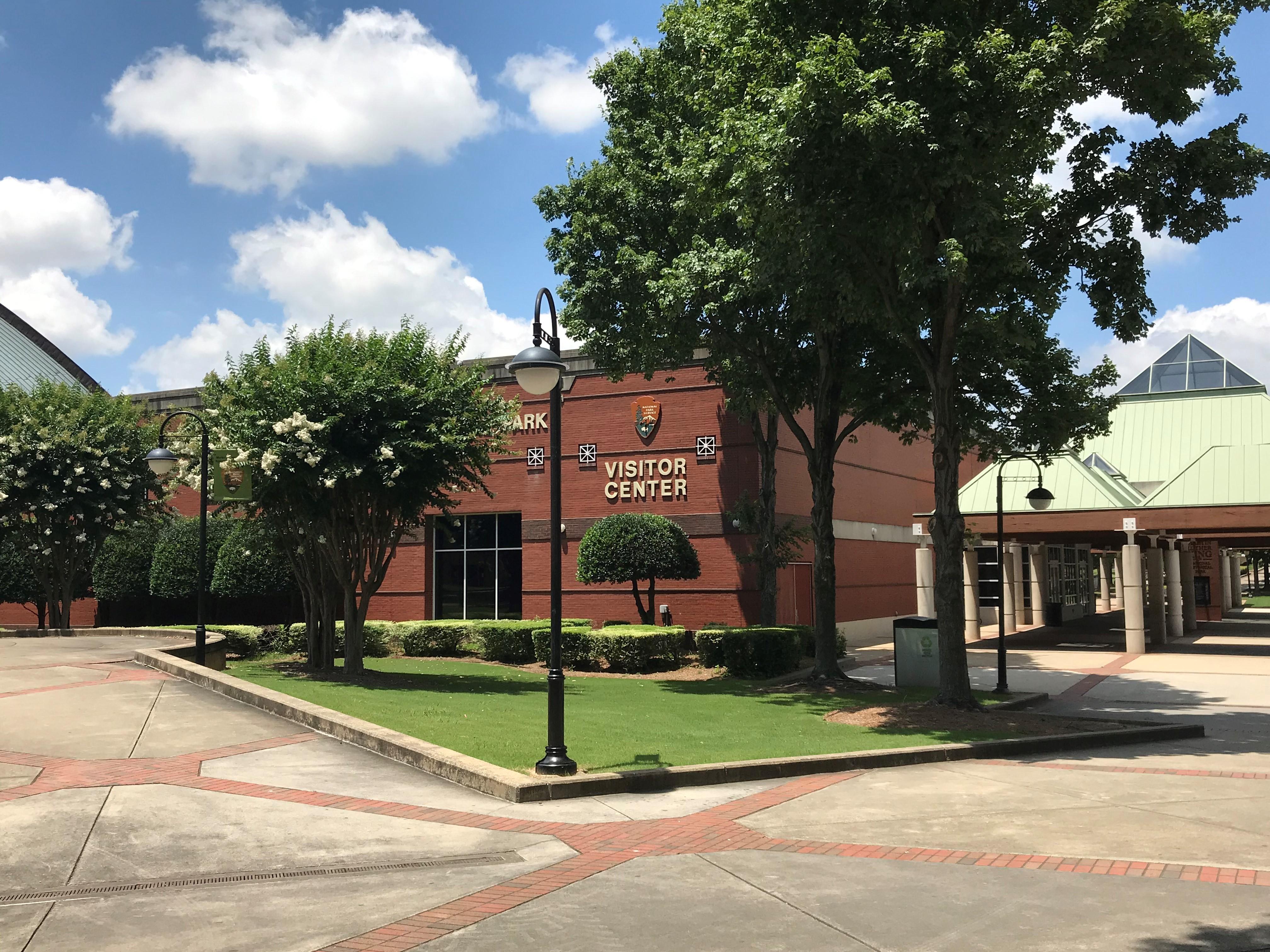
The visitor center features an exhibit entitled "Courage To Lead".
Martin Luther King, Jr.
Welcome to Martin Luther King, Jr. National Historical Park & Preservation District where a young boy grows up in a time of segregation. He was moved by destiny to lead the modern civil rights movement. This was Martin Luther King, Jr. Explore his ro
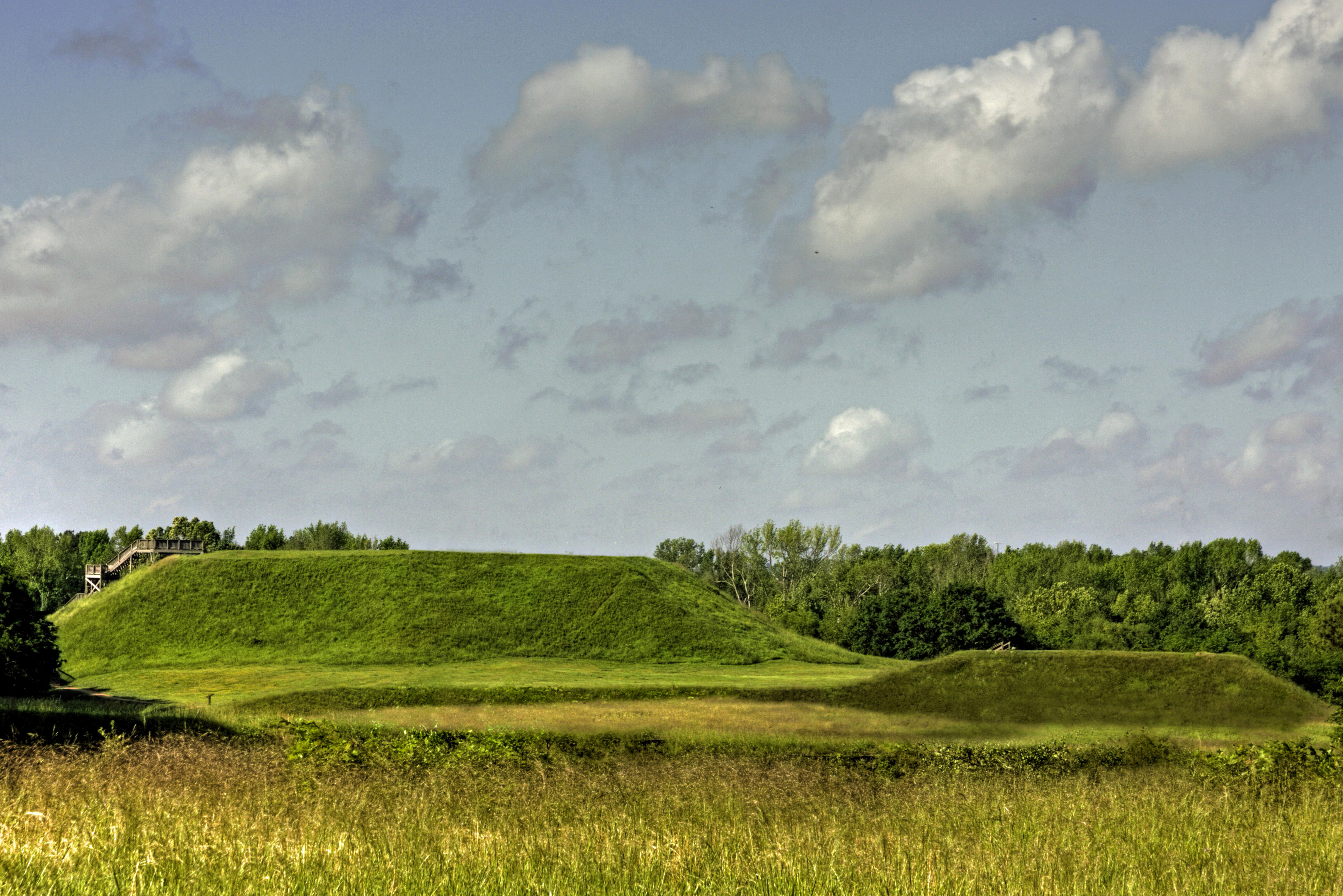
The Great Temple Mound is the largest mound at the park, it stands at 55 feet tall.
Ocmulgee Mounds
Welcome to Ocmulgee Mounds National Historical Park. This park is a prehistoric American Indian site, where many different American Indian cultures occupied this land for thousands of years. American Indians first came here during the Paleo-Indian Pe
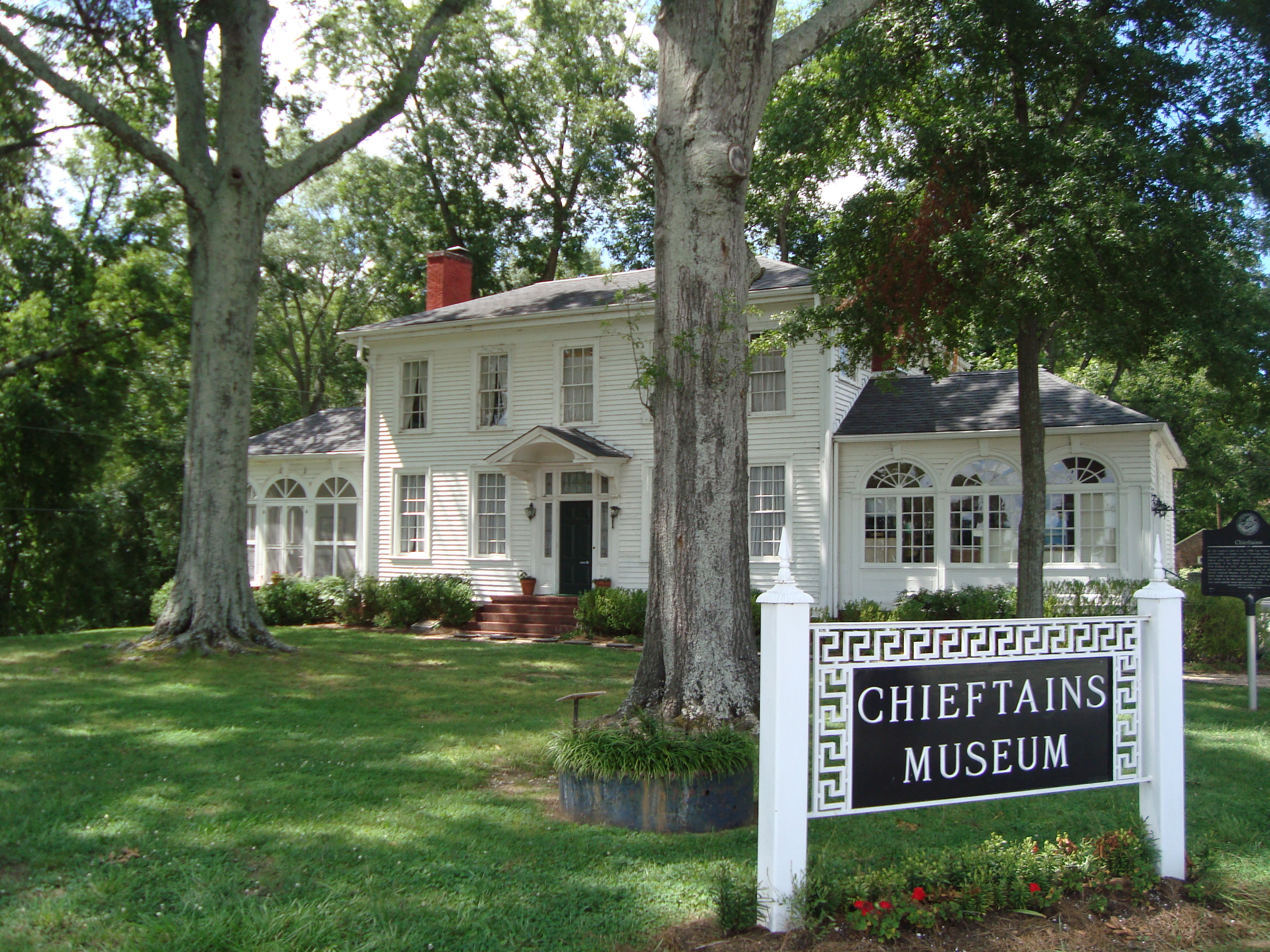
The museum tells the story of Major Ridge, the influential Ridge family including prominent son John Ridge, Cherokee history, and the Trail of Tears, as well as subsequent history of the home and region.
Trail Of Tears
Remember and commemorate the survival of the Cherokee people, forcefully removed from their homelands in Georgia, Alabama, and Tennessee to live in Indian Territory, now Oklahoma. They traveled by foot, horse, wagon, or steamboat in 1838-1839.